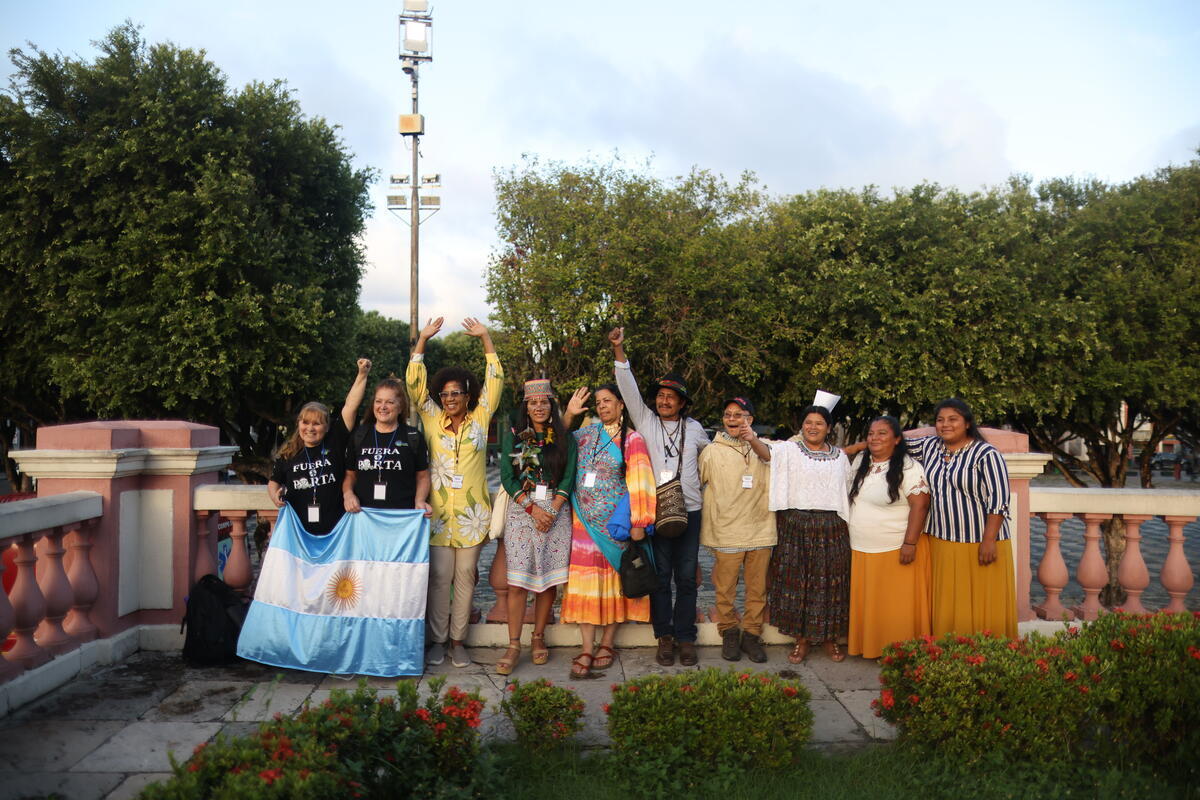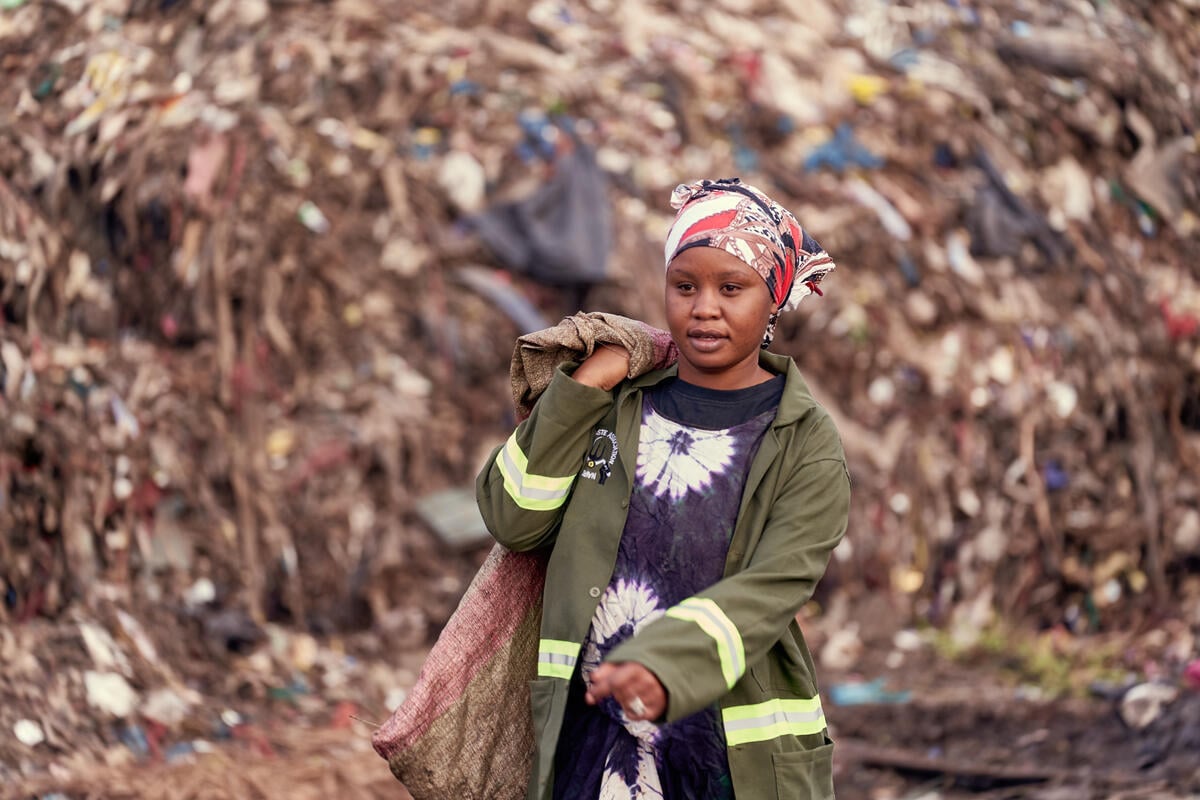Plastic has pushed our planet to the brink of one of the worst environmental crises in modern history. It’s a topic shrouded in confusion and misleading information.
THE WHY Foundation decided to take a closer look at a material that is notoriously durable, affordable and multi-functional – yet harmful for our planet, health and climate. After three years of research, the three-part investigative documentary series WHY PLASTIC? was born.
A three-part documentary series investigating different aspects of plastic pollution
The Recycling Myth looks beyond the narrative the world has come to believe about recycling – the one that tells us that if we separate our trash and throw it in the recycling bin, everything will be fine, it’s all under control. Spoiler alert – it’s not.
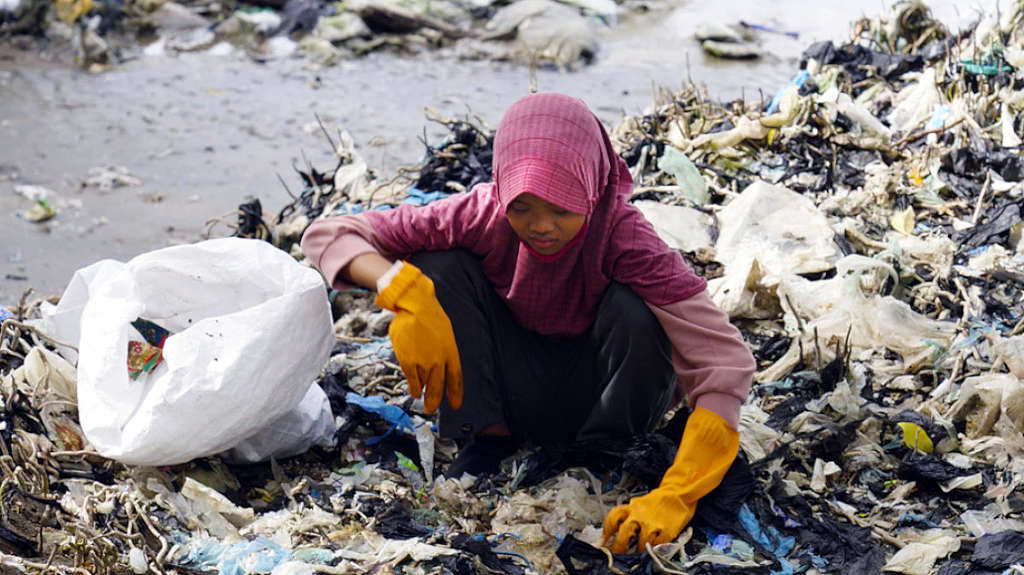
“When investigating what really happens to our plastic waste, we quickly realised that we are not only dealing with some black sheep illegally shipping waste around the globe to increase profits,” say Tristan Chytroschek and Benedict Wermter, the Producer and Co-Director behind the film, “on the contrary: incinerating, exporting and dumping plastic waste is a multi-billion dollar industry. This includes well known, reputable recyclers and consumer goods brands. All of them are aware of how dysfunctional the so-called circular economy really is. No surprise that it did not take long for us to discover bribery, fraud and large-scale greenwashing.”
For further reading, take a look at Greenpeace South East Asia’s report on plastic imports in Malaysia, the Game of Waste report looking at incineration & chemical impact or read more about waste colonialism.
CEO and Executive Producer of WHY PLASTIC? Mette Hoffmann Meyer considers the plastic issue to be one of the most distressing issues we face: “The scariest thing about plastic is the unimaginable amount we produce,” she says. “It’s damaging the sea, the air and our health – and this damage is irreversible.”
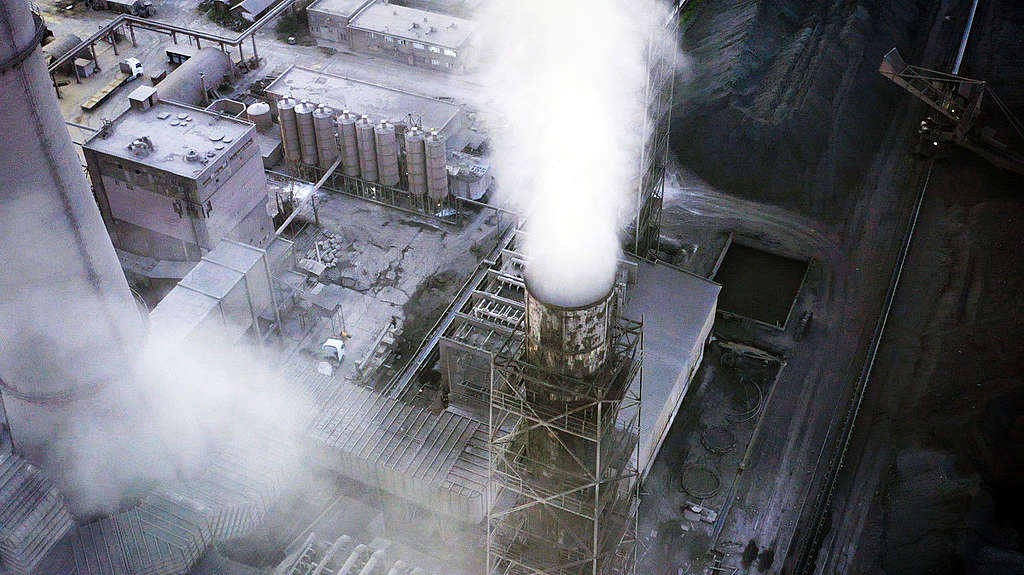
The problem with corporate plastic pollution ‘solutions’
Coca-Cola, ranking as the top plastic polluter in Break Free From Plastic’s annual brand audit for four consecutive years, is one of the biggest culprits in the plastic pollution crisis. Coca-Cola’s Plastic Promises investigates the corporation’s ‘World Without Waste’ strategy, uncovering Coke’s flawed plan to recycle its way out of the insurmountable problem it has created.
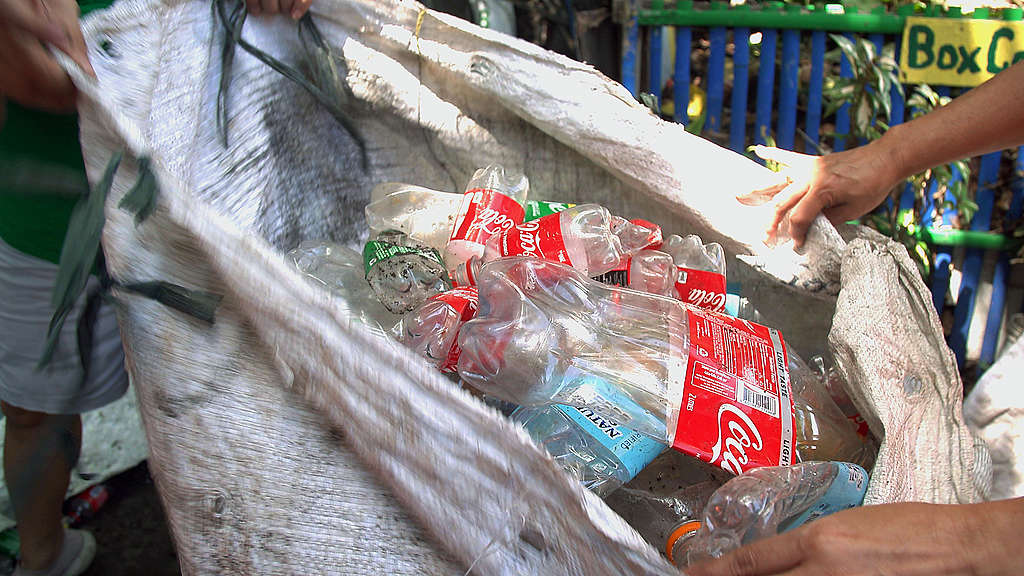
When filming, producer Alan Hayling was taken aback by the amount of waste being generated by the soft drinks industry alone; “It was the sheer volume of bottles produced daily, weekly, monthly, yearly by Coca-Cola and other beverage manufacturers. The numbers were extraordinary.”
Can we rely on industry self regulation?
For the filmmakers behind The Recycling Myth, the aim of their documentary is simple; “We want everybody who walks into a supermarket to open their eyes and think: How much plastic do I need? Do I believe the recycling symbols? Do I want to live in a superfast, take-away-throw-away world? Do I accept being fooled by an industry that uses greenwashing to increase profits?”
In the case of Hayling, it’s also about applying pressure: “I think we can make an impact on public opinion – which will slowly eat away at the unwillingness of politicians to take the problem seriously. Secondly, it will hopefully have an impact on policy-makers who see the film – but we cannot rely on self-regulation by the oil and plastic, food and beverage industries to solve the problem, nor can we rely on recycling.”
More in Greenpeace International’s blog on how Big Brands such as Coca Cola must seize the moment to end the plastic pollution crisis by moving away from their single-use plastic packaging business model to one that prioritises reuse & refill.
WHY PLASTIC? is a global media campaign. The films are now being screened by both broadcasters and organisations such as Greenpeace International, reaching over 100 million people worldwide who will gain a better understanding of the devastating impact of plastic.“We believe that knowledge is power,” says Executive Producer Mette, “documentary film is a medium which helps us to convey important information and spread awareness.”
THE WHY Foundation is a Danish NGO combatting information inequality by producing and curating documentary films focused on human rights and sustainability. Check out THE WHY’s website and find them on Facebook, Instagram and Linkedin to learn more about WHY PLASTIC? and to find out about upcoming broadcasts and screenings.
Rachel Sheary is Communications Coordinator at THE WHY Foundation.
Guest authors work with Greenpeace International to share their personal experiences and perspectives and are responsible for their own content.

